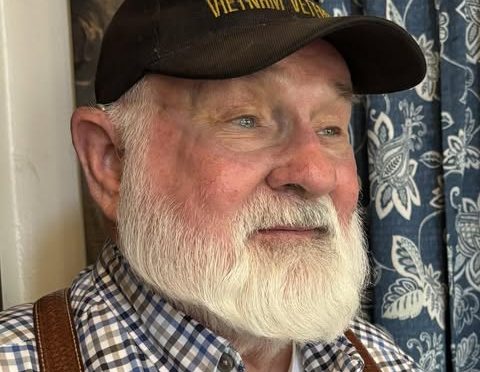A Message After Last Night’s Bourbon County Commission Meeting
After sitting through last night’s Bourbon County Commission meeting, I feel I need to speak up.
As elected officials, your first and most important duty is to serve the public. Your second is to work respectfully and cooperatively with your fellow elected officials. And your third is to be transparent and honest with the people you represent.
Unfortunately, our current commission is failing in all three areas. The lack of respect, cooperation, and professionalism has become obvious. I hear the word “team” used often, but there is no real team — only three commissioners, their county counselor, and an outside HR consultant.
The way some of these officials treat others, especially their peers, is disrespectful. It’s not how local government should function.
I want to make something clear: I didn’t personally know our Clerk, Treasurer, Register of Deeds, or Sheriff until I joined the Budget Advisory Board. But it didn’t take long to notice that personal issues between the commissioners and these other elected officials are preventing real progress in our county.
I’ve talked with a lot of people about this. The majority are unhappy with the lack of respect, lack of transparency, and the misuse of authority. Many have even told me they preferred the previous commission — the same one these current members fought so hard to replace.
If we want Bourbon County to move forward, we must work together. We must be transparent. We must stop silencing others and start listening to the people who know how county government operates.
The treatment of the Treasurer, Clerk, and Deputy Clerk at last night’s meeting was unacceptable. I want to personally apologize to those individuals for the way they were spoken to.
Our Clerk has a wealth of knowledge and experience in city, county, and school government. The Budget Advisory Board said more than once that this commission could succeed — if they would simply work with her instead of against her.
Our commissioners also need to start working with our Sheriff and EMS departments, not against them. These are two of the most vital departments in our county. They’ve repeatedly come before the commission asking for tools and resources to do their jobs, only to be pushed further down the agenda each week.
We can’t keep dragging these meetings out while our first responders go without. It’s time to make clear, informed decisions based on facts and expertise, not personal feelings or politics.
At the next meeting, I’d also like to hear directly from the Deputy Clerk, the Clerk, and the Treasurer in response to Mr. Emerson’s comments last night — comments they were not allowed to address.
I would like to know what other counties Mr. Emerson has helped go through this process, from his remarks (and what I’ve researched myself), he doesn’t seem to understand how our county’s systems actually function. The people who do this work every day deserve a chance to speak publicly about how these proposed changes affect them.
From what I’ve learned through the payroll office, this new process isn’t saving us money, time, or effort — it’s adding work to an already overburdened and understaffed office. And the fact that the commission tried to push this change during an election says a lot about their lack of understanding of how government truly works.
I’m also concerned with the number of executive sessions this commission holds is alarming. Almost every meeting includes multiple closed-door discussions, usually listed as “non-elected personnel.” But the only non-elected personnel under their direct authority are the Public Works Director, EMS Director, and County Appraiser.
So are we to believe all these sessions are only about those three individuals? It doesn’t add up. These closed meetings are happening far more often than anything we ever saw from the last commission, despite all the criticism those former members received.
At the end of the day, if we want this county to succeed, we need leadership that’s willing to put in the time, do the work, and respect the process. Being a county commissioner is not part-time job. It takes commitment, study, preparation and cooperation.
If the people of District 5 choose to write me in and elect me, I promise a complete turnaround — in transparency, respect, and professionalism.
All of our elected officials are Republicans, and we should be working together — not tearing each other down. This infighting is why our party struggles nationwide.
This is our home. And I refuse to sit back and watch it fail because of ego, disrespect, and personal politics.
-Joe Smith
Write-In Candidate for District 5 Bourbon County Commissioner






